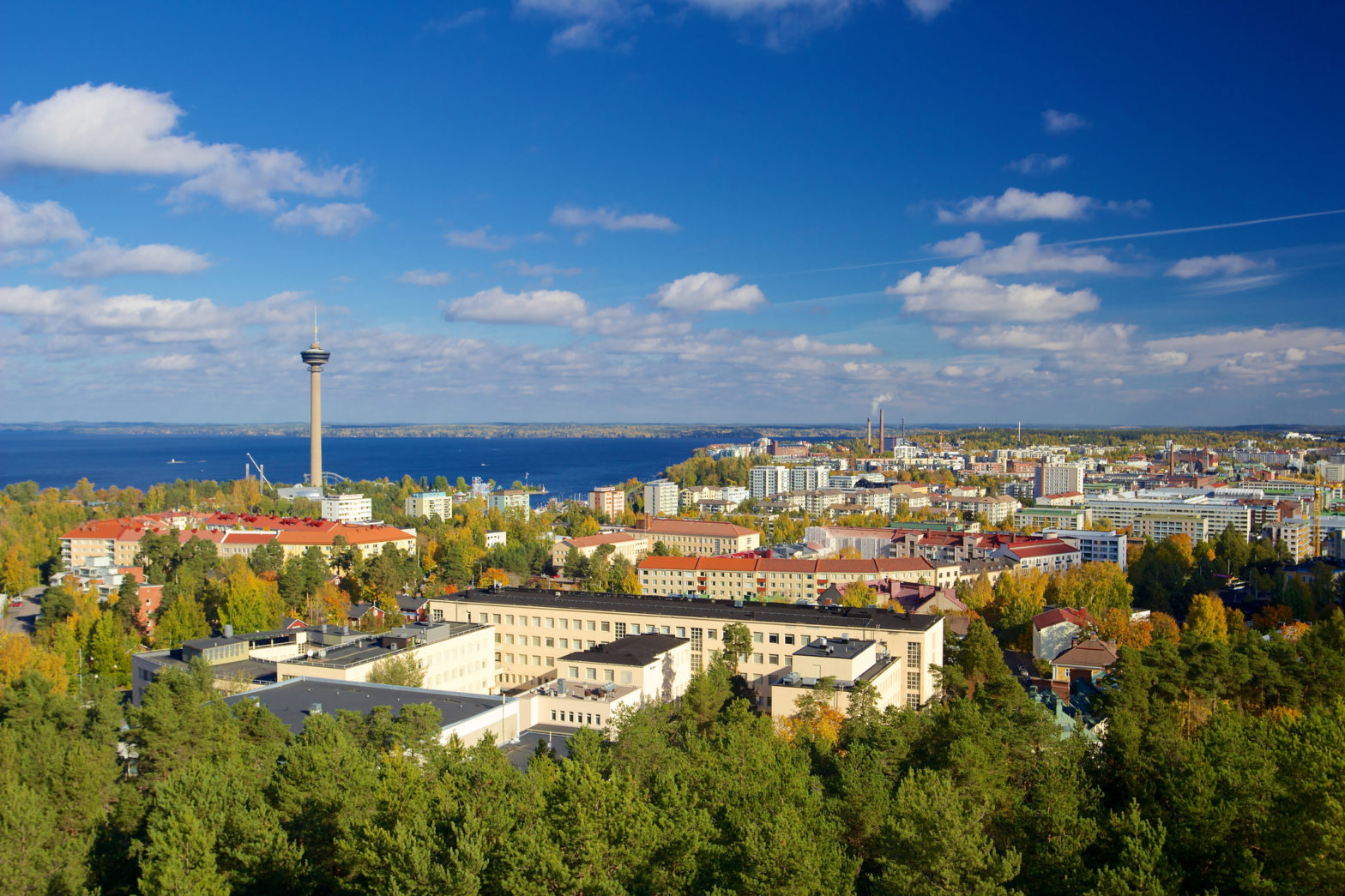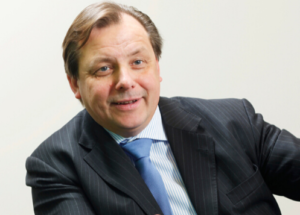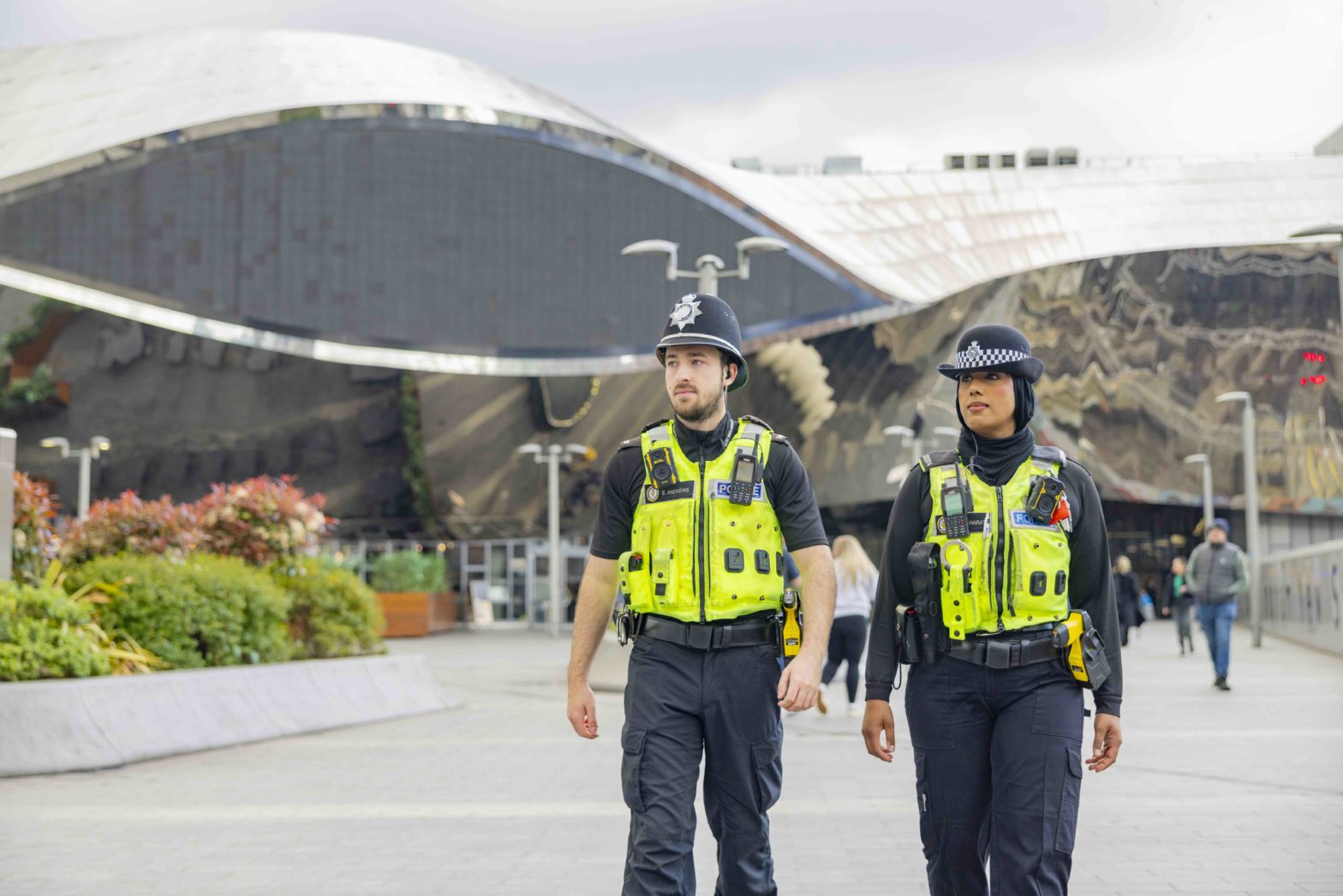
Photo: Jan Miracky | Dreamstime.com
Connectivity provides the “spark” for innovation in Tampere
02 October 2023
by Jonathan Andrews
In 2018, Tampere was the first city in Finland to make a telephone call using 5G technology. Together with its key partner Nokia, the city had a year earlier begun to develop and explore new kinds of connectivity with 5G.
“Now, we’re working with Nokia and Qualcomm to take a look at 5G+ millimetre wave connectivity,” says Teppo Rantanen, Executive Director at the City of Tampere. “It’s providing us a much better chance to really enhance XR [extended reality] and other additional features where even standard 5G technology isn’t sufficient.”
The city wants to become a leader in the metaverse, or ‘cityverse’, with connectivity being the key element to achieving that, and is working with the EU and the International Telecommunications Union.
As executive director, Rantanen oversees all facets of the city, including education, employment, city real estate assets and housing. A metaverse could provide opportunities in all those areas and would build on initiatives Tampere has already started like digital twins, drones, artificial intelligence (AI) and virtual reality.

“We think it’s something where we will be able to combine virtual reality and the ‘real reality’ in a way that helps our citizens to live their lives better and find that everything works better in a city,” he says.
Tampere already boasts good connectivity infrastructure in broadband, 4G and 5G, and has built a network, or ecosystem, that allows its 250,000 residents, companies and research institutions to pilot and develop smart city solutions. Key partners include Tampere University, Nokia, Qualcomm, Signify and more recently Microsoft.
“We’ve been able to attract a number of companies which in turn have been able to attract a number of R&D facilities from global companies,” Rantanen says. “It is bringing us a real advantage. We get a lot of talented people at the university, which attracts other talented people to come together, which attracts companies to come and test and try solutions. We want to work together with our companies to make sure that we offer them the best possibilities to go forward.”
Indeed, the city’s population is growing at two percent, leading to a steady increase in tax income for Tampere and highlighting its strong position among Finnish cities, as noted by Rantanen.
Digital services
To better serve this growing population, Tampere aims to digitalise all its services by 2025 to enable access any time, anywhere. To achieve this, Rantanen is increasing the use of AI, especially generative AI, and is focusing on those who are less confident with technology to ensure the elderly or people with different disabilities can use the city’s digital services. To secure ‘buy-in’ from residents and to receive ongoing feedback, citizen involvement is key.
“We have been looking at intuitive technologies to help people to actually achieve what they want to do,” he says. “We’re doing that in several ways, including traditional feedback, and we’re working on different platforms to help people to co-create with us and co-source data with us.
“People love it when they’ve been involved in developing these kinds of things.”
The northern Finnish city of Oulu is home to the world’s first 6G research programme but Tampere is also working closely with Nokia on a 6G network. However, the city is more focused on developing 5G and 5G+ to explore all the benefits from the existing infrastructure.
“We want to first see how we can take that into use and we’re thinking [about whether] we should be planning for a private 5G network for the city,” Rantanen says. “That’s a consideration and also how we can use our [city-owned] fibre asset as the backbone for 5G.”
He believes the role of a city is to provide the opportunities, platforms and facilities for innovation to occur.
“We’re just the spark for the companies and universities to work together,” he adds. “Everything that we do needs to have a business case, otherwise you’re not going to get companies fully involved.”
This article is part of a series to mark the launch of the City Telecoms Association, a new global public-private network to help shape the future of urban connectivity. Find out more about membership and upcoming events. The next meeting takes place in London on October 3-4, 2023.







